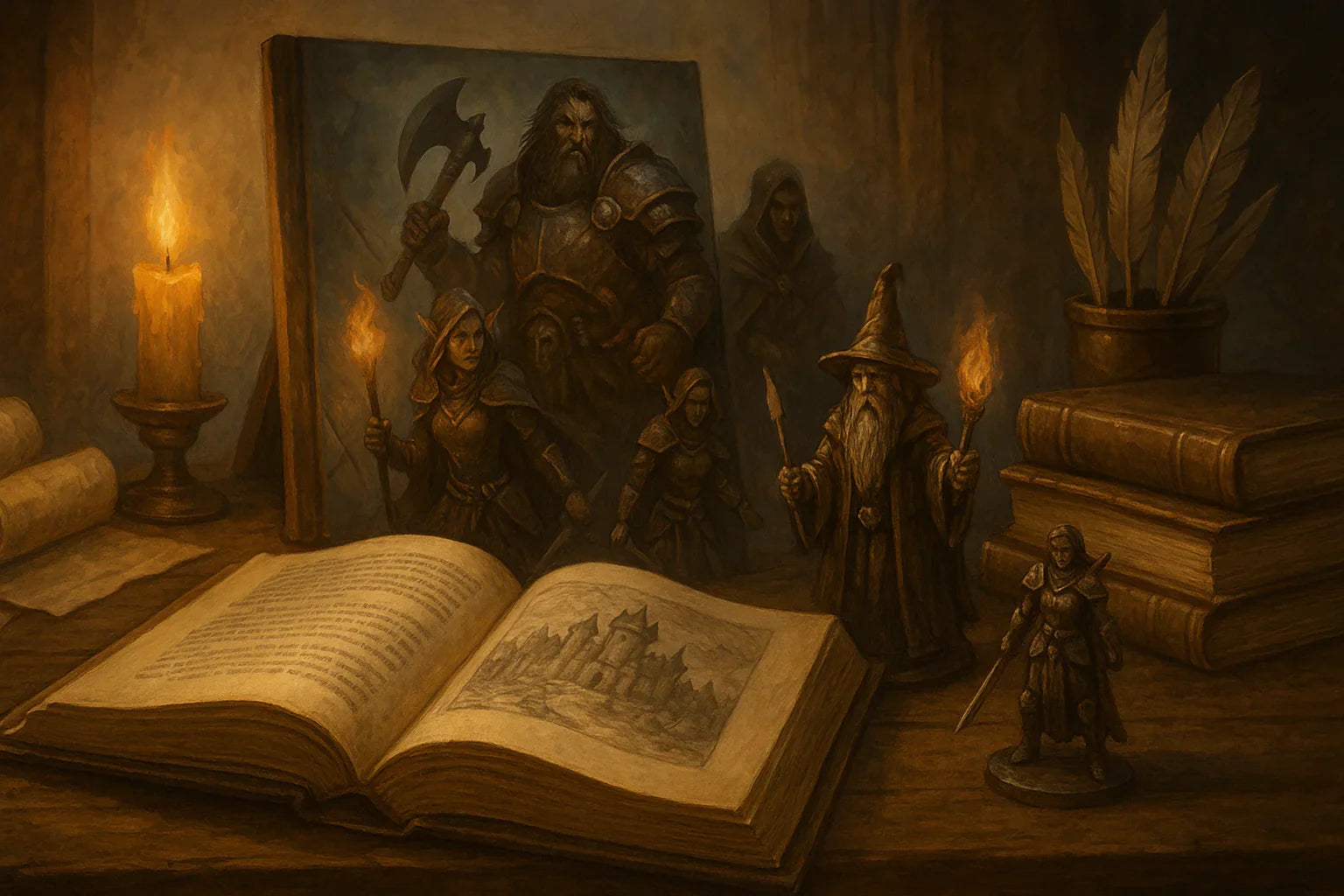
Tabletop RPG Guides That Make Every Session Run Better
Updated on: 2025-10-24
Table of contents
- Types of tabletop roleplaying game guides and how they differ
- How to choose the right tabletop roleplaying game guide for your system
- Step 1: Define your goal and audience
- Step 2: Pick a format that suits how you learn
- Step 3: Match the guide to your game system
- Step 4: Check the depth and clarity
- Step 5: Look for multiple voices and case studies
- Step 6: Preview and test at the table
- Common myths vs facts about tabletop roleplaying game guides
- Best tabletop roleplaying game guides for beginners and game masters
- Tabletop roleplaying game guides for game masters and worldbuilding
- A personal journey with tabletop roleplaying game guides
- Final takeaways on tabletop roleplaying game guides
- Questions about tabletop roleplaying game guides
If you are exploring tabletop roleplaying game guides for the first time, it may feel like there is too much choice. Between TTRPG guides, tabletop RPG guides, game master guides, and TTRPG rulebooks, each promises to help your table run smoothly. This article offers a calm path through those options. It explains how different guides serve different goals, and how to choose a resource that meets your needs without adding stress. Whether you want the best tabletop roleplaying game guides for beginners or a deep reference for worldbuilding, you will find gentle, practical advice here.
Types of tabletop roleplaying game guides and how they differ
Tabletop roleplaying game guides come in a few clear categories. Understanding these can save time, money, and energy.
- System rulebooks: These are core books that define rules, character options, spells, and monsters. They are essential for play but may not teach pacing, table safety, or improvisation techniques in depth. These are your TTRPG rulebooks.
- System-specific guides: These books or articles focus on a particular game and explain how to run that system well. They offer advice on rules interpretation, encounter design, tone, and common pitfalls.
- System-agnostic guides: These resources teach skills that work across many games. They cover session zero practices, safety tools, GM improv, scene framing, and worldbuilding structures. They are helpful if your group tries different systems.
- Game master guides: A subset of system-agnostic or system-specific books that focus on the GM’s role: table etiquette, conflict resolution, pacing, and campaign planning.
- Player-focused guides: These support character creation, spotlight sharing, teamwork, and roleplaying techniques. They can help new players feel confident at the table.
- Worldbuilding guides: Focused on setting design, factions, maps, timelines, and lore. They help GMs create coherent, player-driven worlds without overwhelming detail.
When people ask for the best tabletop roleplaying game guides for beginners, the right answer often depends on whether they need a quick-start overview or a deeper reference. If you want a concise orientation, a short beginner guide with examples may be kinder than a large tome. If you want a durable resource, a system-agnostic guide that teaches core skills can serve you across many campaigns.
How to choose the right tabletop roleplaying game guide for your system
This calm, step-by-step approach can help you select a resource that fits your table. It supports both players and GMs who want clarity without complexity
Step 1: Define your goal and audience
Gently name what you want the guide to do. Are you preparing to GM for the first time, or helping players learn a new system? If your audience is brand new, choose a guide that explains terms and shows examples. If your group is experienced, look for deeper sections on pacing, tension, and scenario design.
Step 2: Pick a format that suits how you learn
Some people enjoy concise checklists; others prefer narratives with examples. Consider whether you want text, worksheets, or quick-reference cards. A friendly format will reduce friction at the table.
Step 3: Match the guide to your game system
If you run one game often, a system-specific guide can help with tricky rules, encounter math, and tone. If you change systems frequently, a system-agnostic tabletop roleplaying game guide may offer better long-term value. When in doubt, pair a clear TTRPG guide with the official TTRPG rulebook.
Step 4: Check the depth and clarity
Skim the table of contents. Do the chapters answer your biggest questions? Look for plain-language summaries, examples of play, and consistent terminology. Clear guideposts reduce page-flipping during sessions.
Step 5: Look for multiple voices and case studies
Guides that include advice from different GMs and tables tend to be more balanced. Diverse case studies can help you adapt ideas to your group’s style without pressure.
Step 6: Preview and test at the table
Preview a sample chapter if you can. Then try a small technique in your next session, such as a session zero checklist or a pacing tool. If it feels helpful, integrate more over time. Small experiments keep your table steady and confident.

Common myths vs facts about tabletop roleplaying game guides
It can be reassuring to separate myths from what usually works at real tables.
-
Myth: A guide will replace the rulebook.
Fact: Guides complement TTRPG rulebooks by teaching table skills, not replacing rules. They work best together. -
Myth: Only new players need tabletop roleplaying game guides.
Fact: Experienced GMs often use guides for new structures, safety tools, and campaign planning ideas. -
Myth: System-agnostic advice cannot help specific games.
Fact: Many core skills, such as scene framing and spotlight balance, apply to most systems with small adjustments. -
Myth: Longer guides are always better.
Fact: The best guide is the one your table can use. Short, clear checklists may outperform dense chapters when you are busy. -
Myth: Worldbuilding guides encourage wasted prep.
Fact: Good worldbuilding resources focus on player-facing details and tools that invite collaboration.
Best tabletop roleplaying game guides for beginners and game masters
While “best” will differ by table, it may help to think about beginner needs in three gentle tiers.
- Orientation guides for players: Short resources that explain basic terms, table etiquette, and how to build a first character. These help reduce anxiety and support smoother first sessions.
- Starter game master guides: Step-by-step advice for session zero, encounter building, running first combats, and introducing roleplay scenes. Look for example scripts, sample handouts, and pacing tips.
- Evergreen skill guides: System-agnostic books on improvisation, safety tools, and collaborative storytelling. These support growth beyond the first few sessions and remain useful when you try new systems.
If you prefer a single purchase that endures, consider a system-agnostic tabletop roleplaying game guide that pairs with any rulebook. If your table plays one system only, a system-specific guide may provide the most comfort by addressing rules questions directly.
Tabletop roleplaying game guides for game masters and worldbuilding
For GMs, a thoughtful worldbuilding process can be both light and effective. Many tabletop RPG guides promote small, reusable tools that help you avoid over-prep while keeping the world vivid.
- Start with playable truths: Define three statements that describe your world in action. For example, “magic leaves residue,” “guilds control travel,” and “ruins breathe.” These guide scenes without heavy lore.
- Use factions over monoliths: Factions encourage dynamic play. Create three groups with different goals and a simple relationship map. Let player decisions shift those relationships.
- Build locations like stages: For each key location, write a vivid detail, a sound, a smell, and one interactive feature. This makes scenes easier to run and remember.
- Prep flexible fronts, not fixed plots: Frame looming threats and likely timelines, then allow the table to alter outcomes. This supports agency and reduces stress.
- Keep tools at hand: Quick-reference sheets for conditions, travel, and NPC names can remove friction. Many game master guides include these as appendices.
When comparing TTRPG guides, look for worldbuilding sections that encourage player collaboration. Shared creation sessions help everyone invest in the setting and lighten the GM’s preparation load.
A personal journey with tabletop roleplaying game guides
During an early campaign, my group enjoyed the story but struggled with pacing. Scenes ran long, and combats sometimes felt heavy. I tried a short, system-agnostic tabletop roleplaying game guide that introduced a “scene goal” checklist and a “spotlight tracker.” After using those two tools, each scene had a clear purpose and a gentle cue to move forward when the goal was met. Combat sped up once we paused to confirm each character’s intent before rolling. Nothing else changed—same system, same players—yet the experience felt lighter and more focused. That small shift reminded me that the right TTRPG guide does not add complexity; it simply offers a calm structure that helps everyone enjoy the game.
Final takeaways on tabletop roleplaying game guides
- Tabletop roleplaying game guides complement, not replace, your TTRPG rulebooks. They teach practical table skills.
- Choose resources based on your immediate goal: orientation, running sessions, or worldbuilding, and consider your learning style.
- For flexible value, system-agnostic tabletop RPG guides pair well with any game. For depth, system-specific guides shine.
- Small tools such as session zero checklists, scene goals, and spotlight trackers can quietly transform play.
- When in doubt, preview, test one idea, and keep what serves your table.
Questions about tabletop roleplaying game guides
What are the best tabletop roleplaying game guides for beginners?
The best tabletop roleplaying game guides for beginners are short, practical resources that use plain language, show examples of play, and include checklists for session zero and first sessions. System-agnostic beginner guides can be helpful if your group may try more than one game. If you know your system, a beginner-friendly, system-specific guide that explains common rules questions is also a kind choice.
How do I choose the right tabletop roleplaying game guide for my system?
Start by naming your goal, such as learning combat pacing or planning a session zero. Choose a format you enjoy, match the guide to your game system, and preview a sample chapter if possible. A helpful guide will be clear, up to date, and focused on table-tested advice. Try one small tool during your next session and see if it supports your group.
What is the difference between TTRPG rulebooks and TTRPG guides?
TTRPG rulebooks define the official rules and options for characters, items, and encounters. TTRPG guides explain how to apply those rules smoothly at the table. They often cover pacing, table safety, improvisation, and worldbuilding processes. Used together, they make sessions easier and more enjoyable.



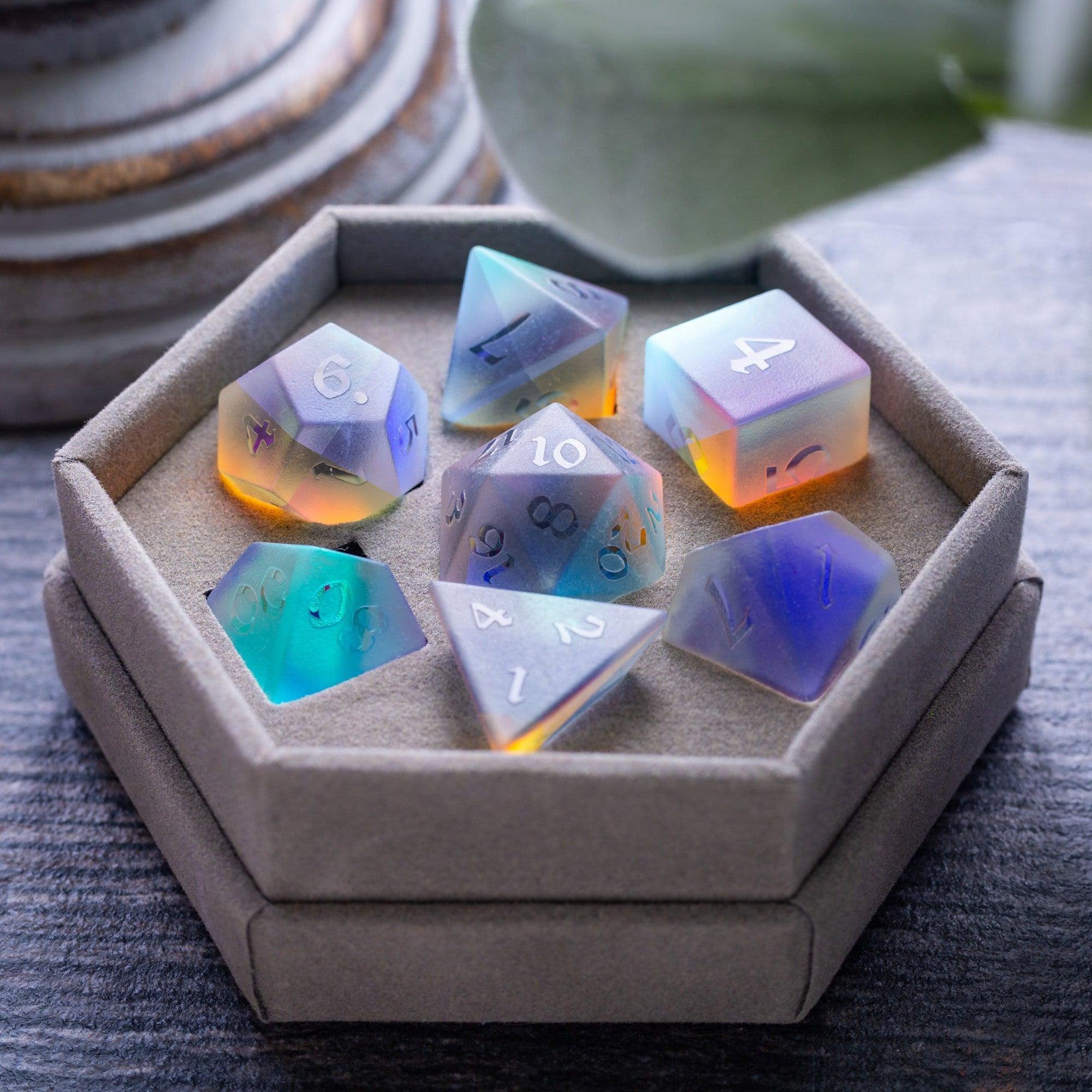
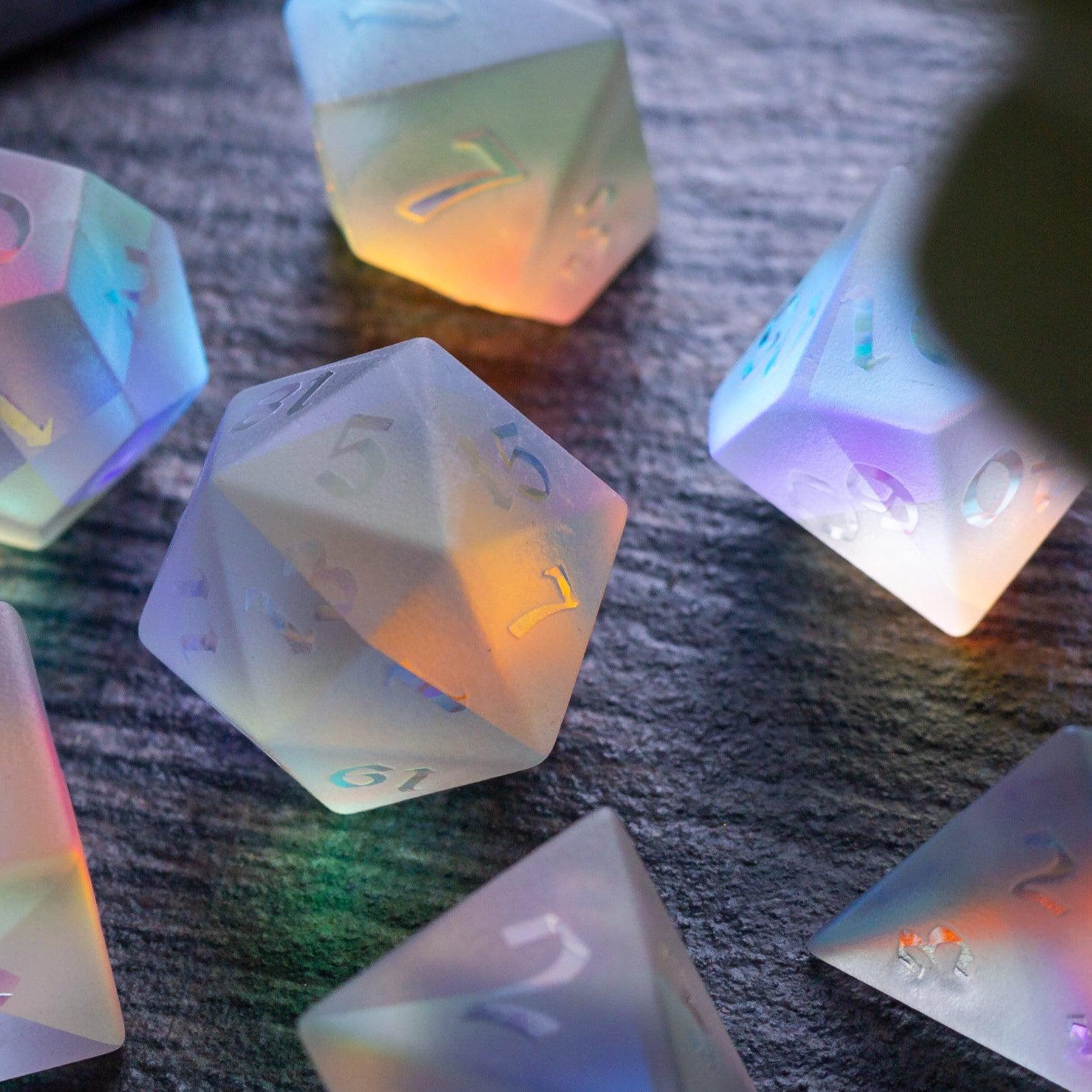
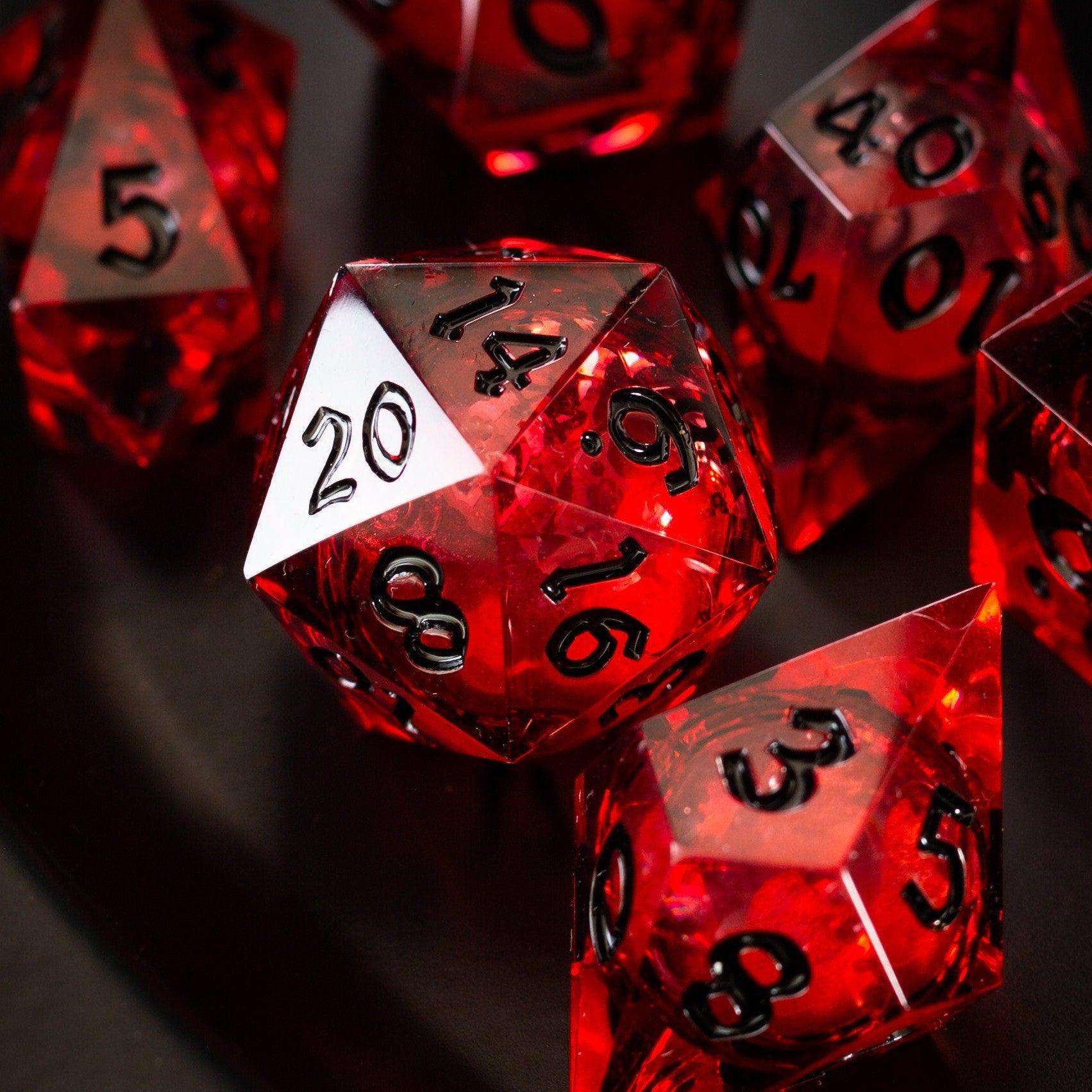
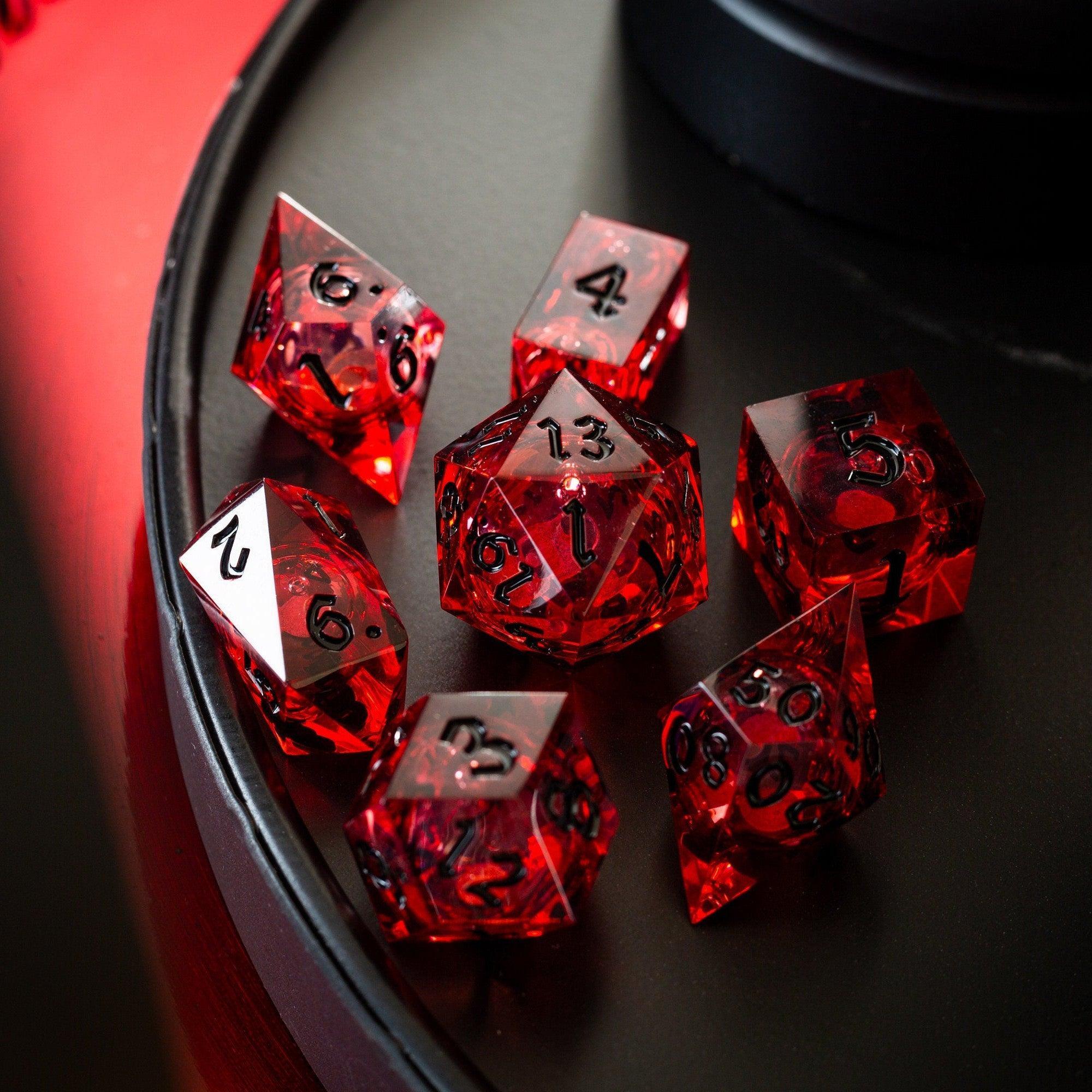
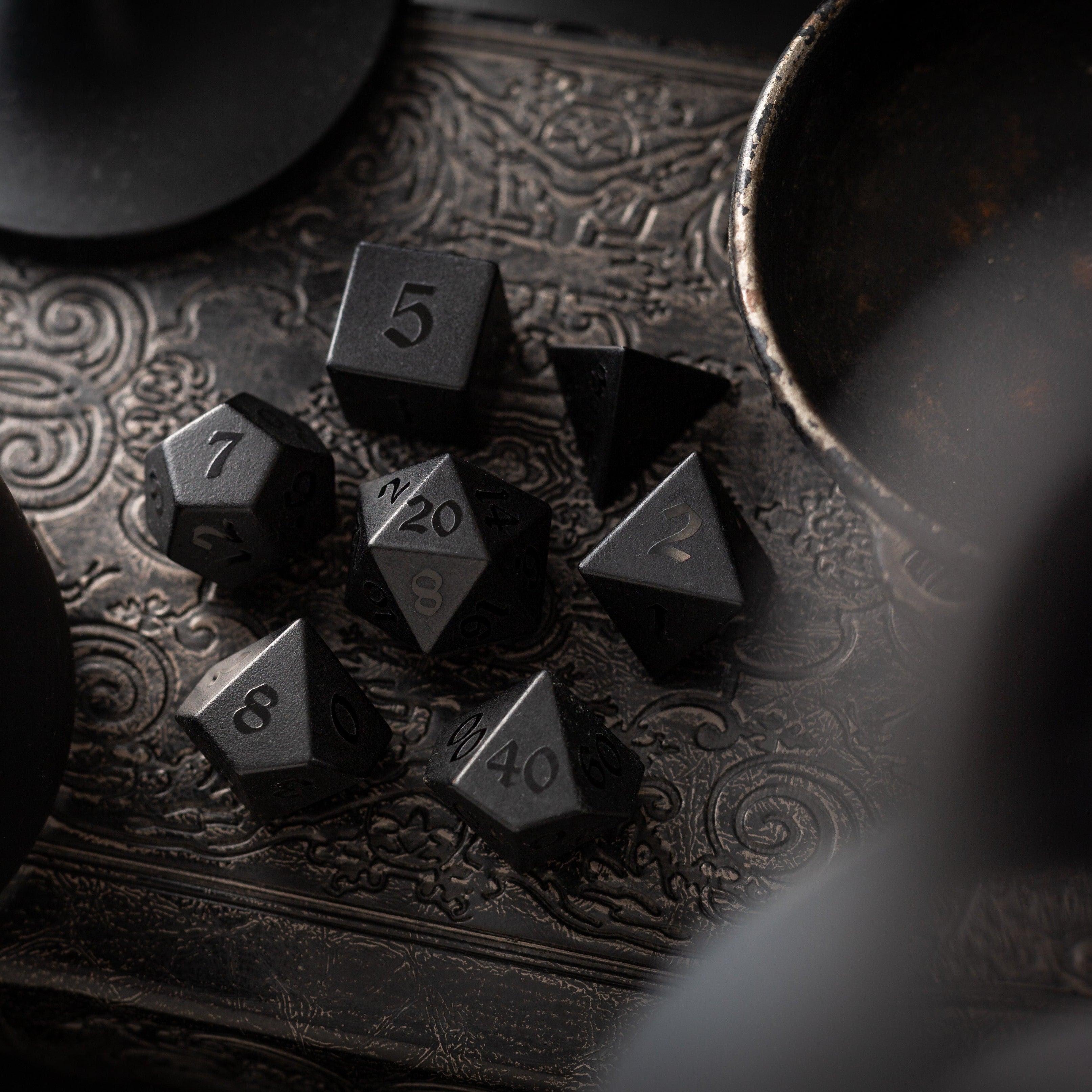
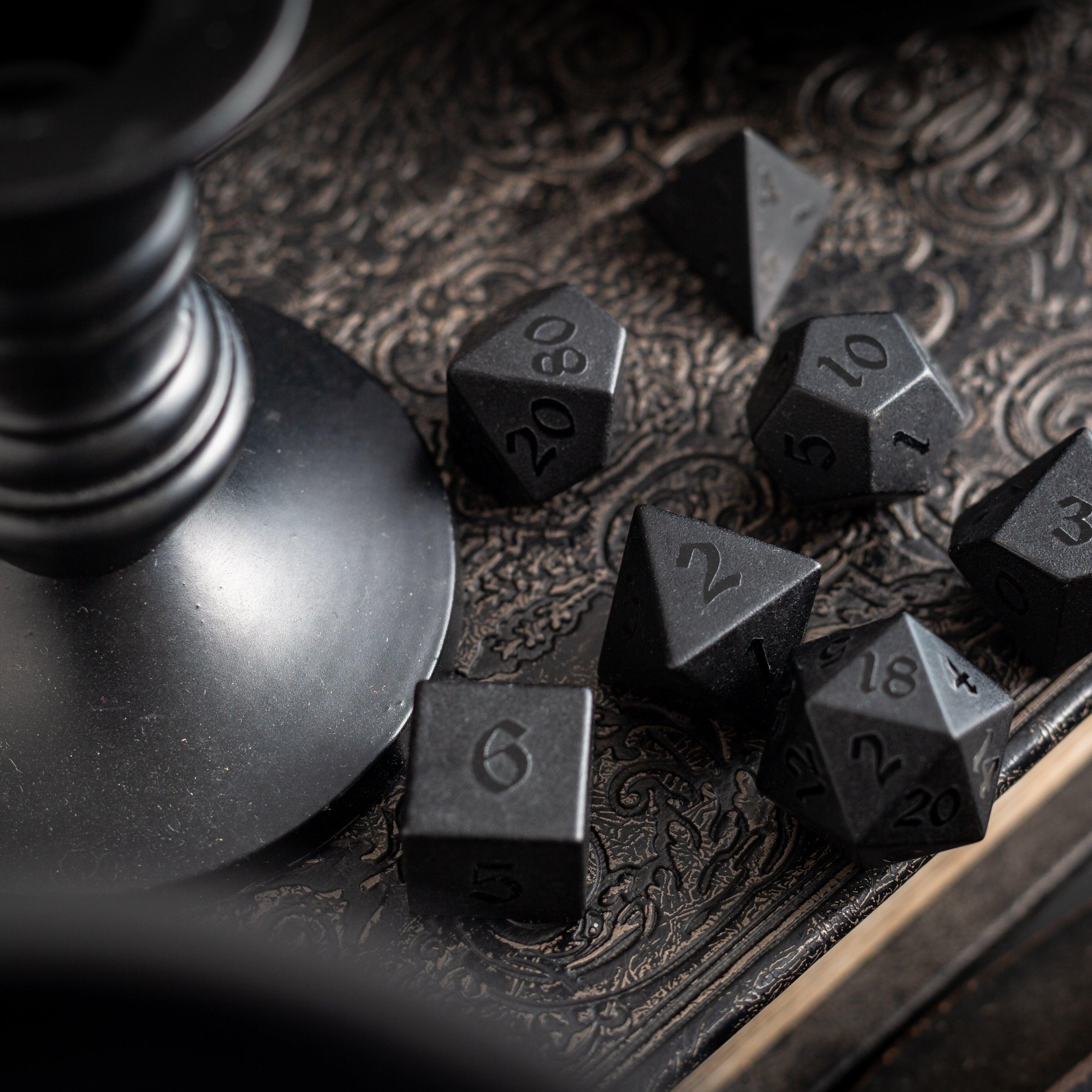
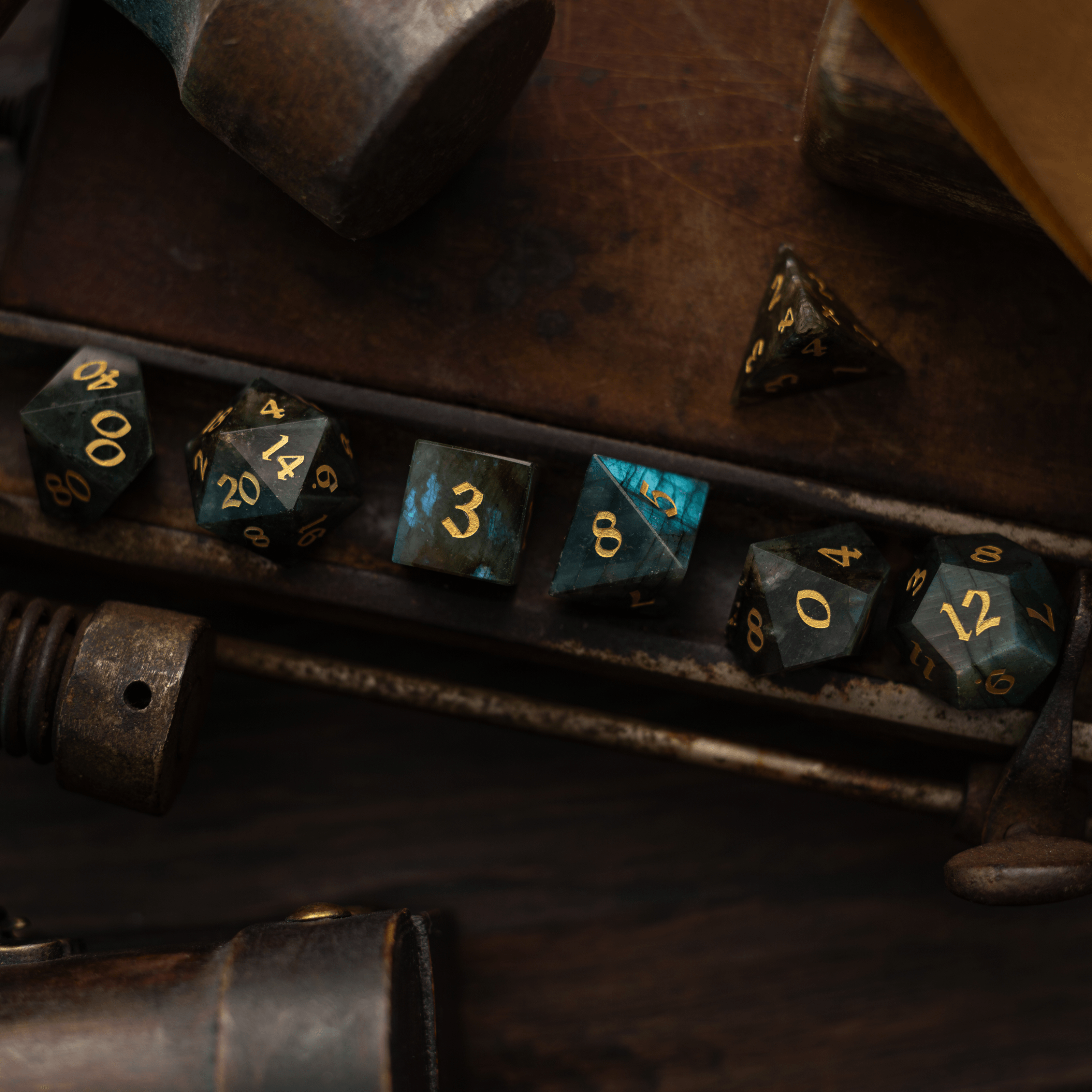
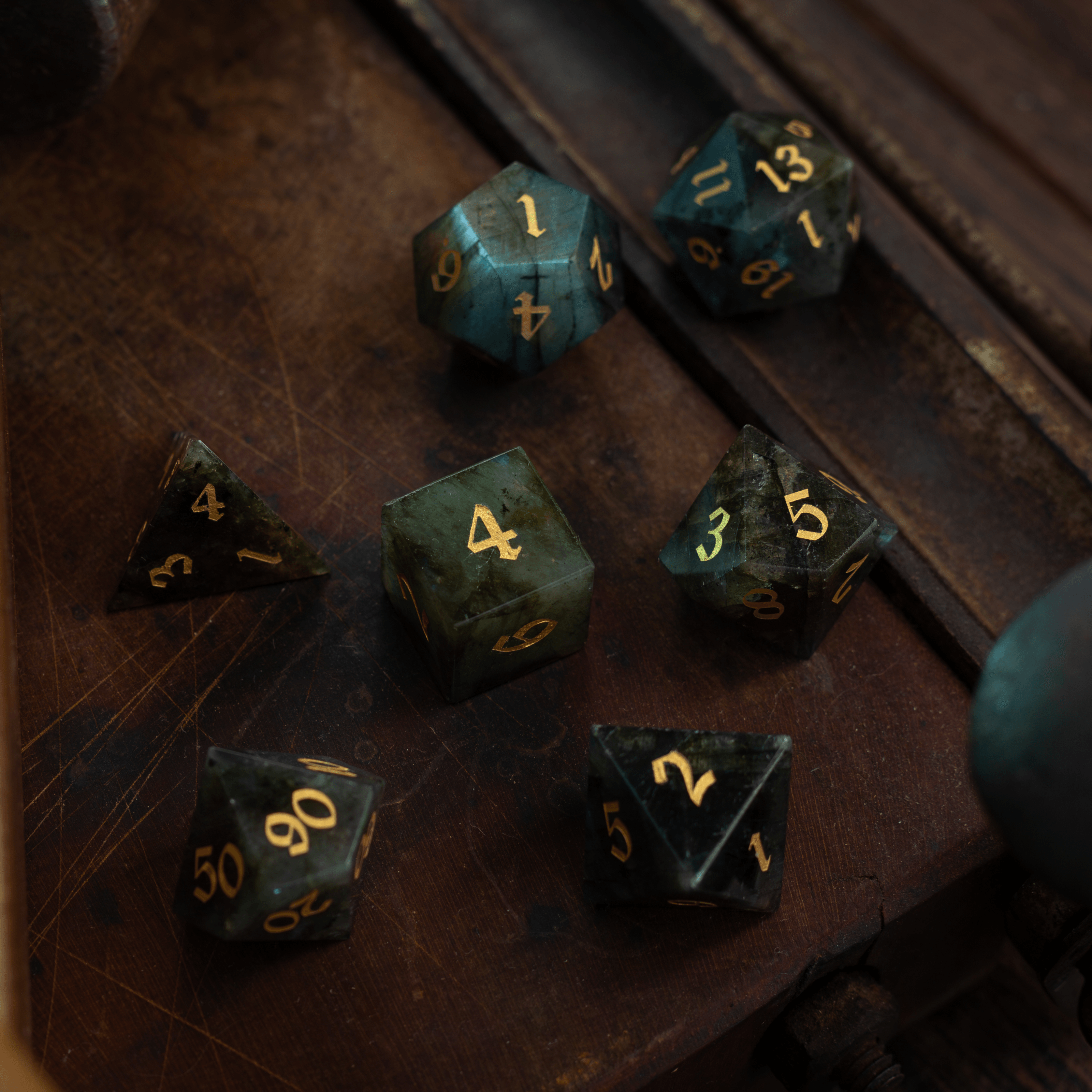
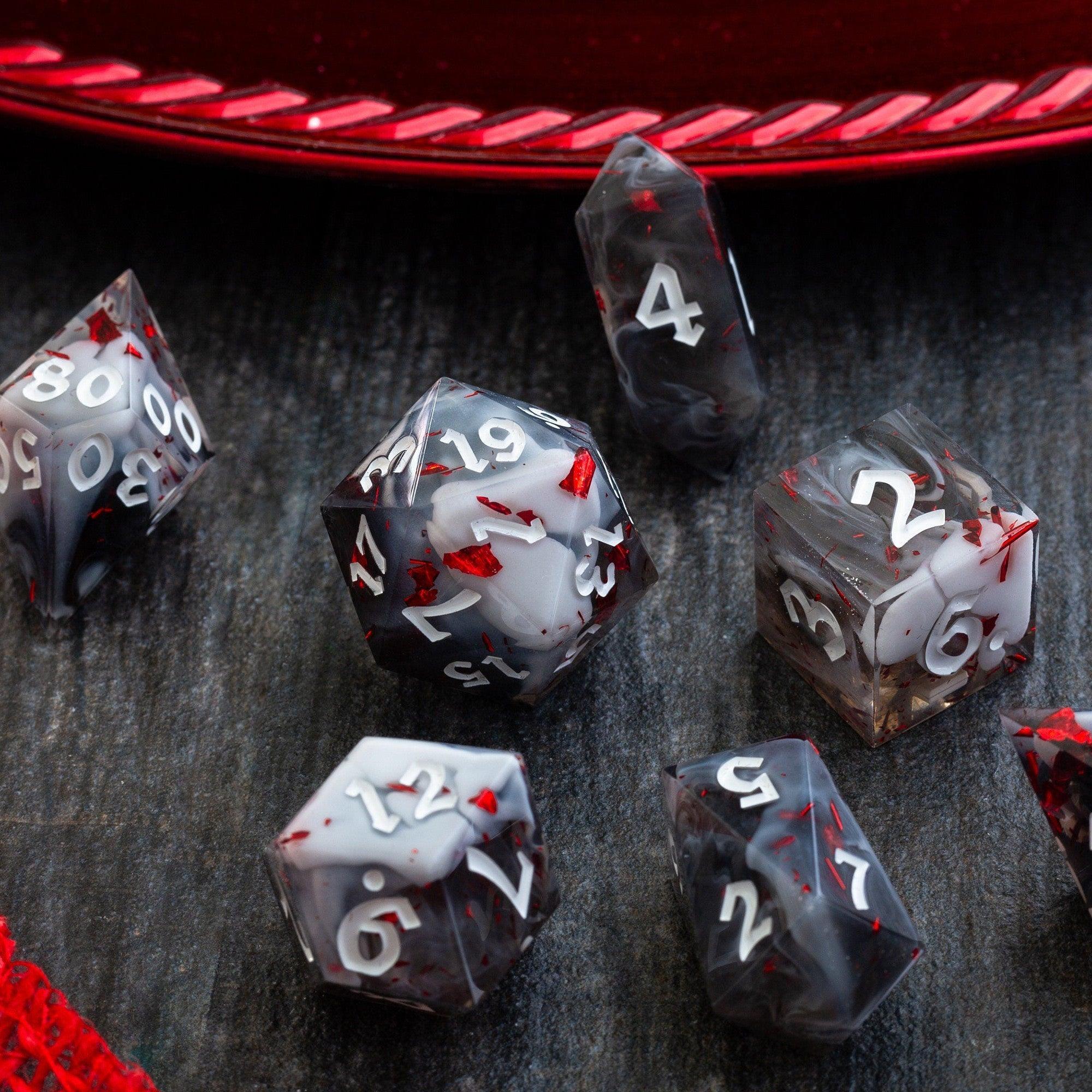
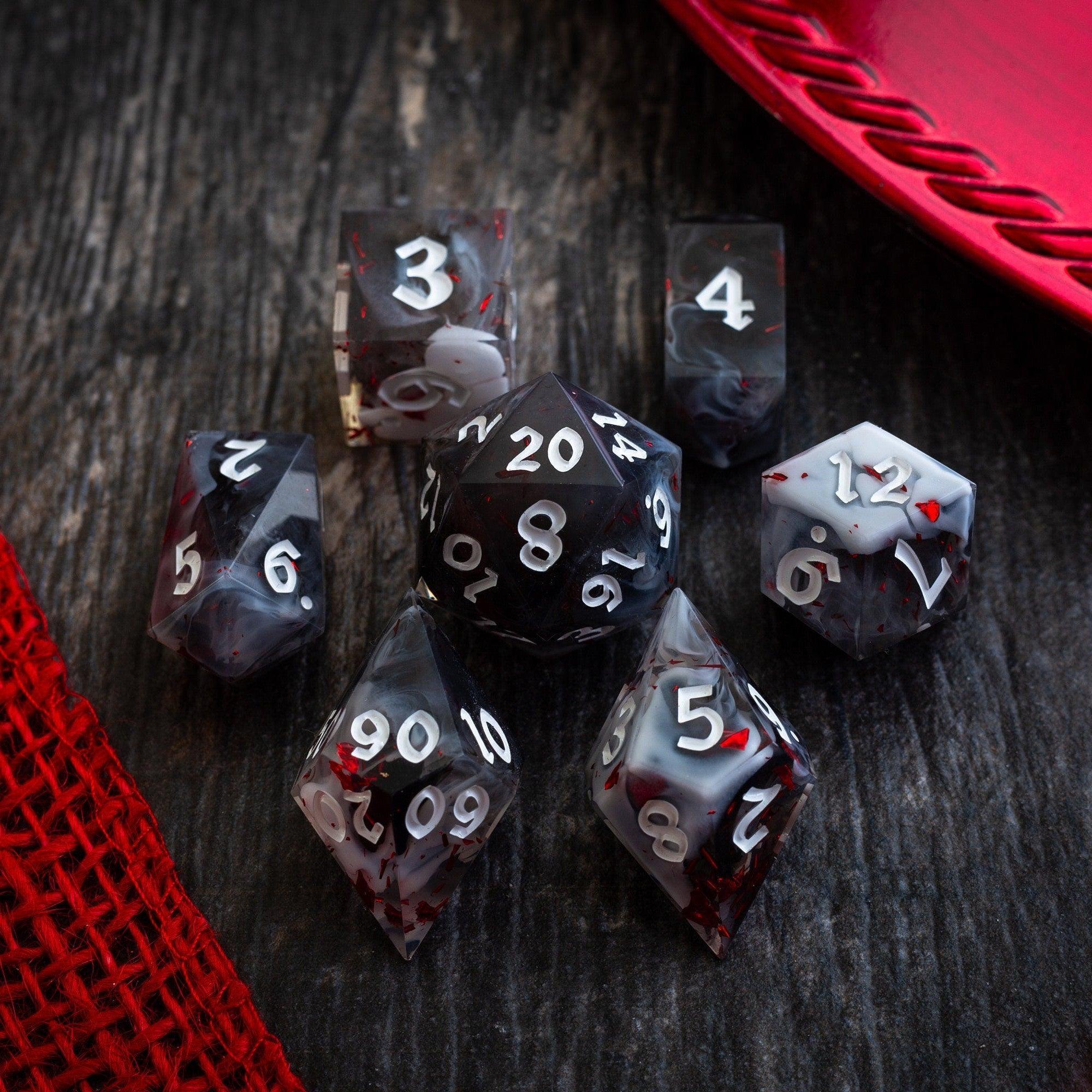
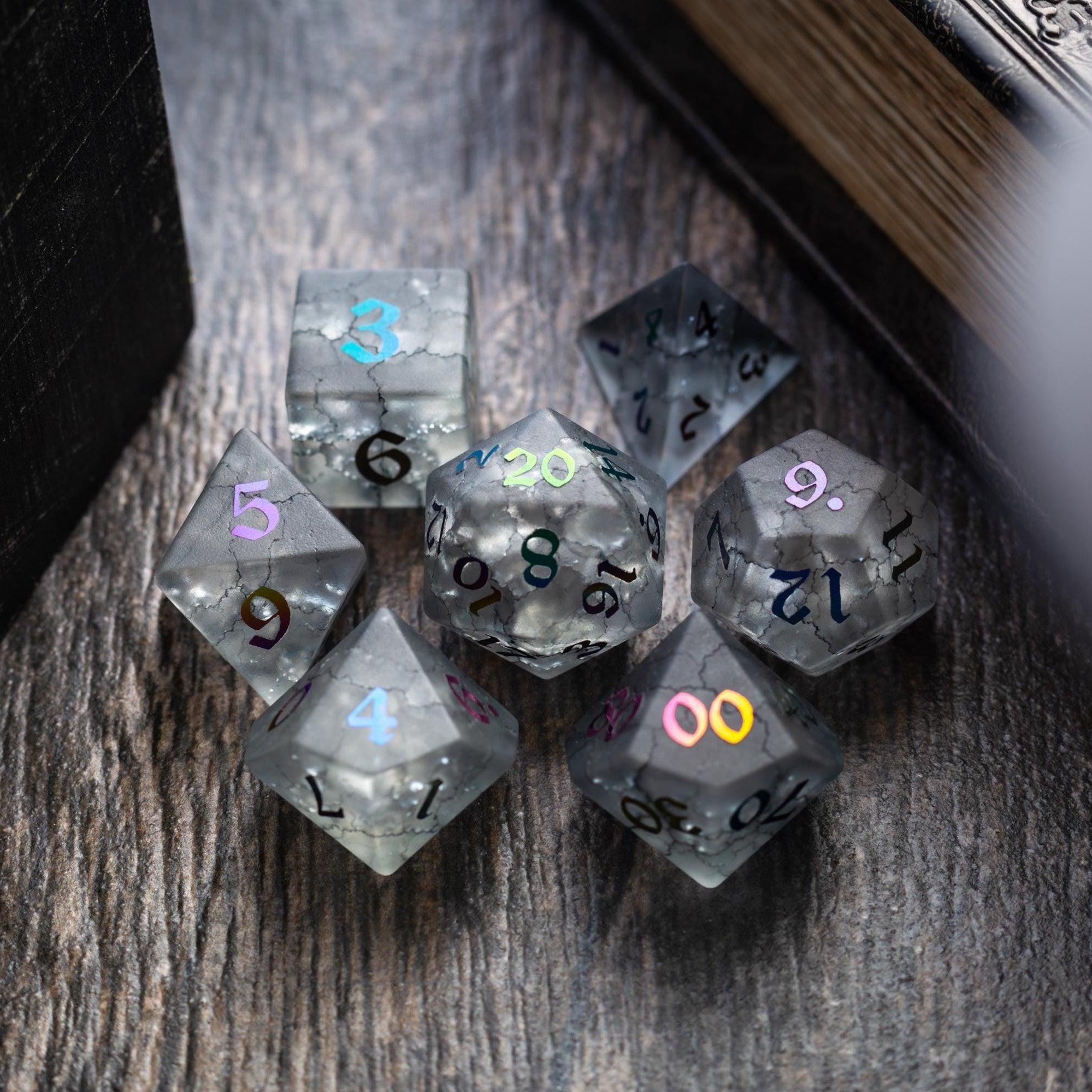
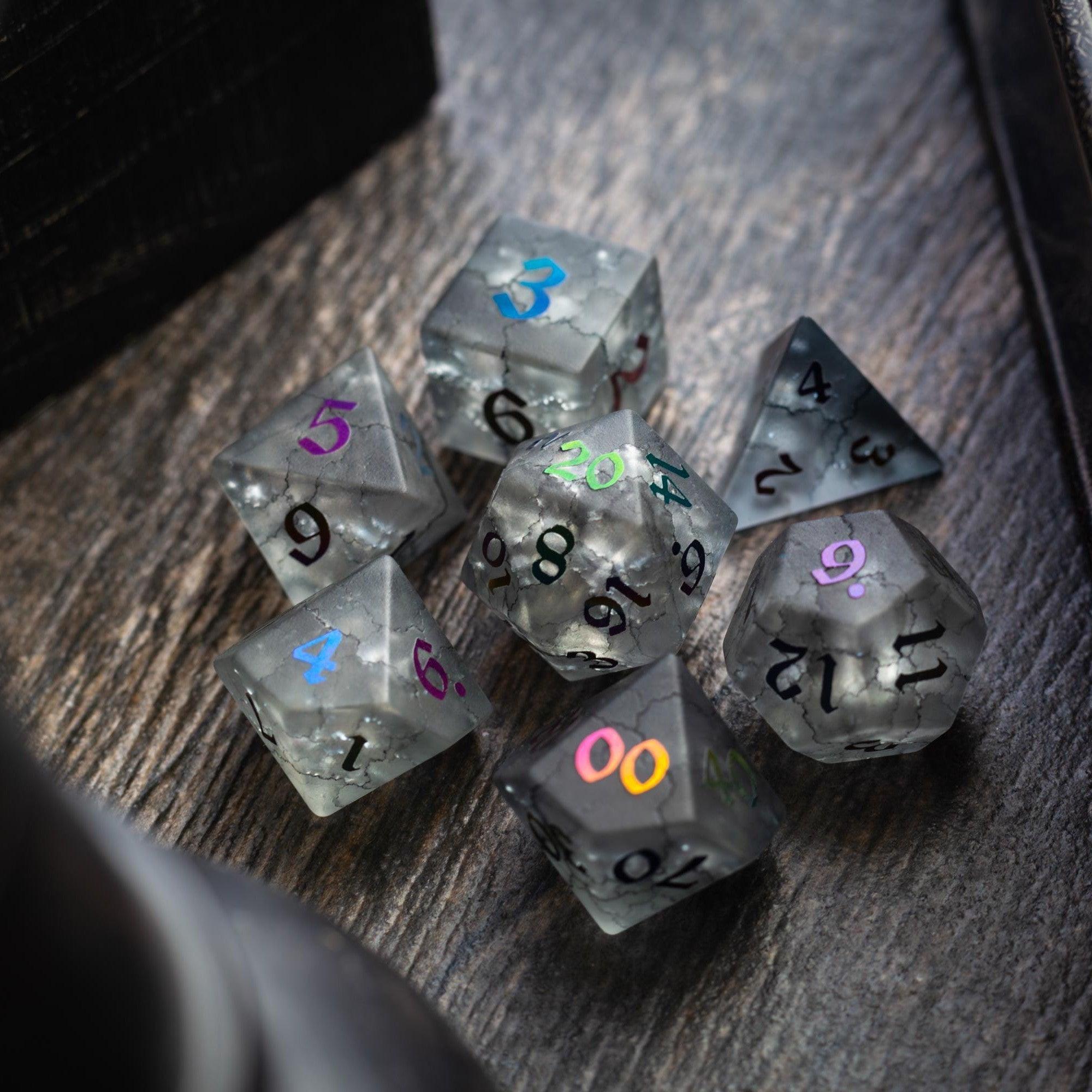
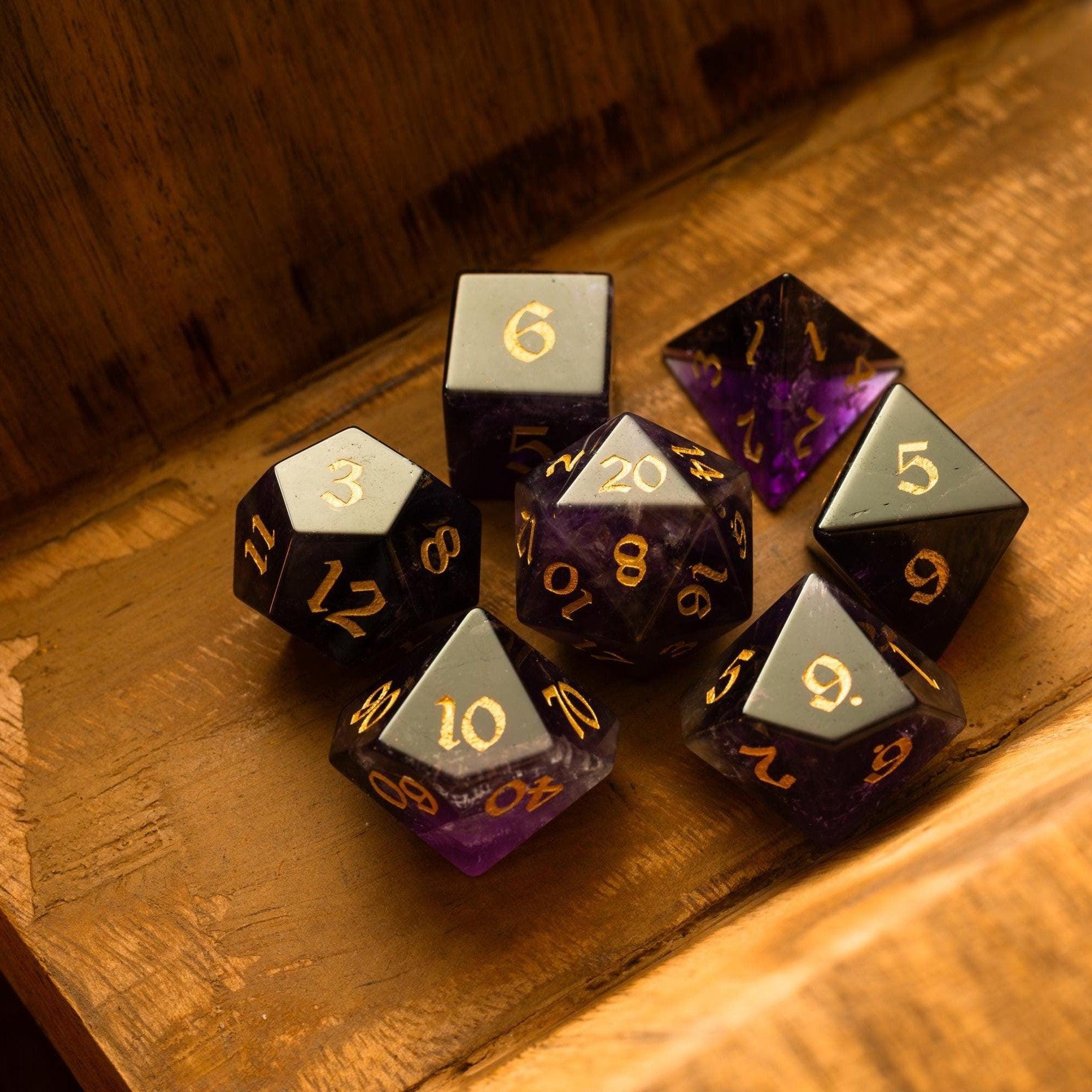
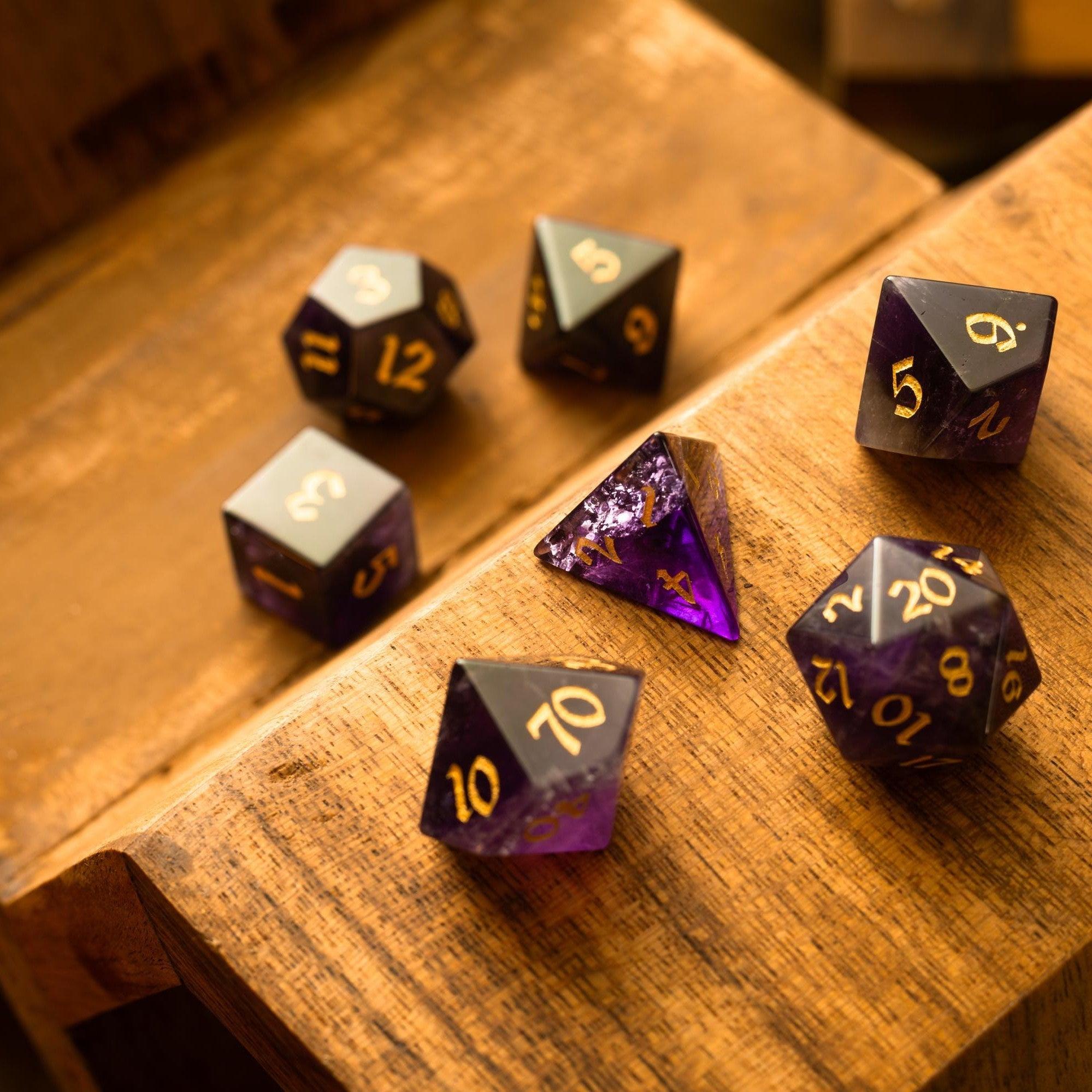
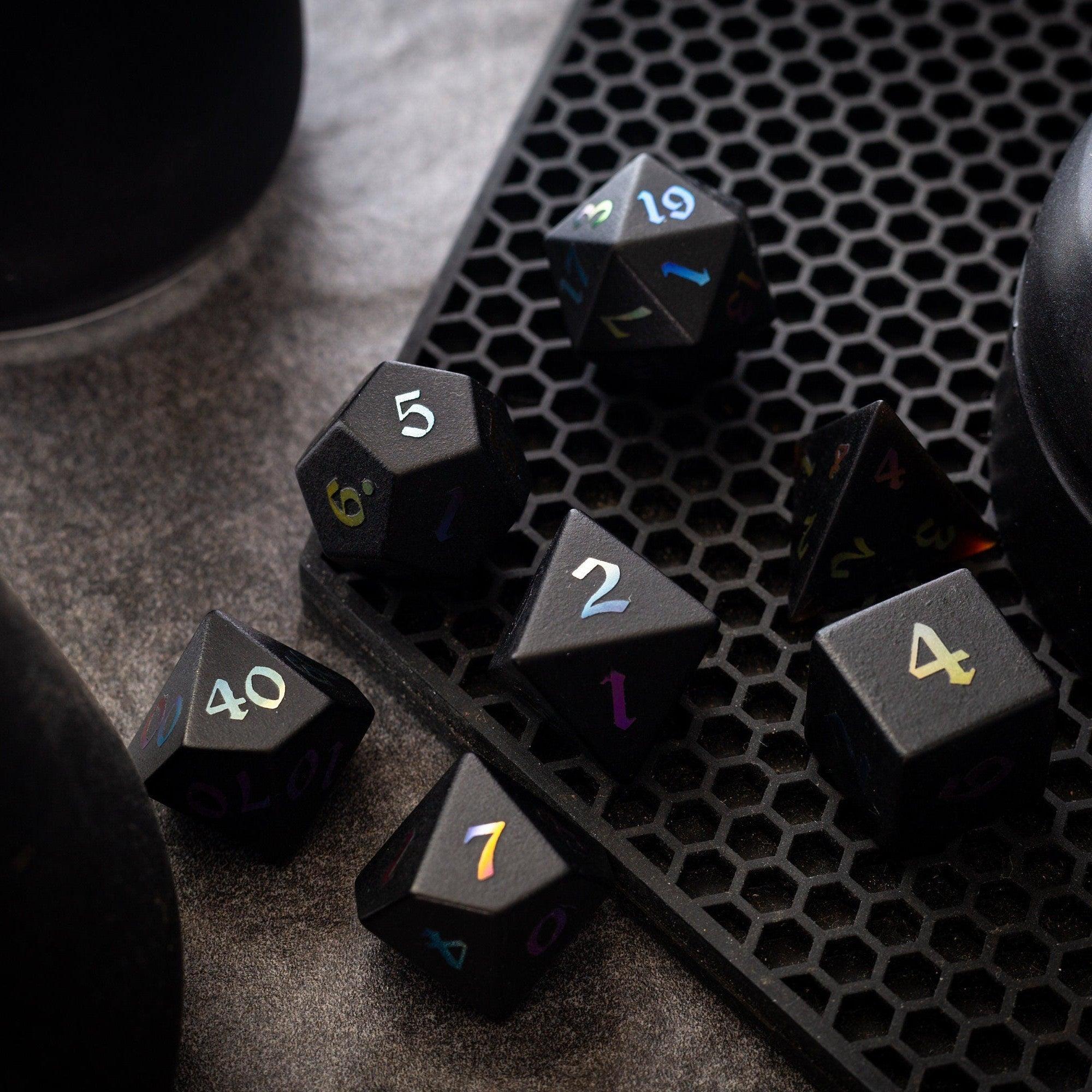
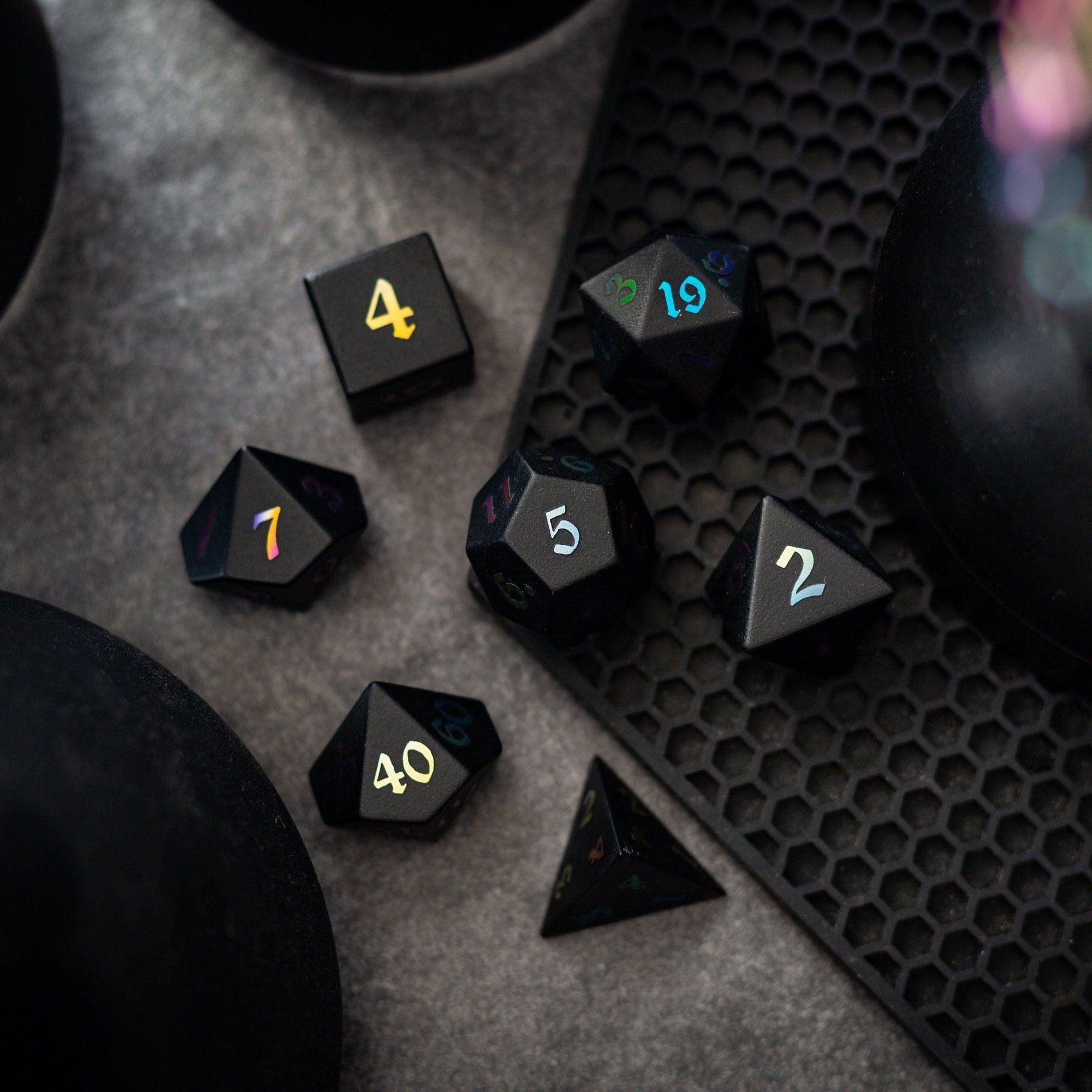
Leave a comment
This site is protected by hCaptcha and the hCaptcha Privacy Policy and Terms of Service apply.